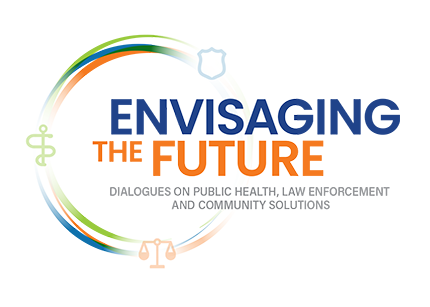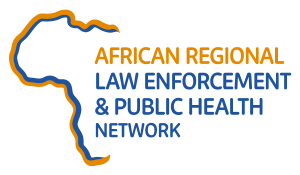
The Policing Project at New York University School of Law is partnering with experts of all kinds — from those with lived community experience to those who have worked in municipal government for a generation — in Minneapolis, San Francisco, Tucson, Denver and Chicago, to reimagine how government responds to community needs, ending policing as a one-size-fits-all answer to all problems and fostering real community health and safety.
We are working in these jurisdictions to engage with and learn from communities, conduct much-needed research on dispatch and response, and design a community-centered, data-driven framework to create response systems that work.
Community of Practice webinar series: What Makes a Community Safe?
This is an exciting moment in first response, with innovative alternative models underway across the country. These initiatives are at different stages. We find that cities are often grappling with a common set of issues and really value learning from their peers’ experiences – this holds true whether they are just getting started, or have an existing alternative response program.
We are launching a Community of Practice, bringing together practitioners of all kinds to collaboratively problem-solve and share information.
The Community of Practice will take place across several different forums, including small groups and open sessions. We are launching first with a webinar series, and will be adding more ways to engage on an ongoing basis.
Watch past webinars here
New Learn with Us content: Burglar alarms and mediation response
Reimagining public safety requires that we take a closer look at the many types of community issues that make their way into the 911 system each day. Then, we can determine what type of response makes the most sense.
This month’s new RPS content explores one area of emergency response – burglar alarm calls – that has traditionally been handled by police, but for which there are effective alternative strategies.
Read our new issue brief to learn more.
In addition to deciding which areas of emergency response to reimagine, we also focus on who might be an appropriate responder. Social workers? Peer professionals with lived experience? Mental health counselors?
This is the heart of the work – getting the right responder to the right call.
Mediation responders have emerged as a promising option. Instead of armed law enforcement, professionals trained in conflict resolution respond to interpersonal issues, such as noise complaints or roommate disputes, providing mutually agreeable solutions.
Read more information about The Policing Project’s Reimagining Public Safety initiative here






